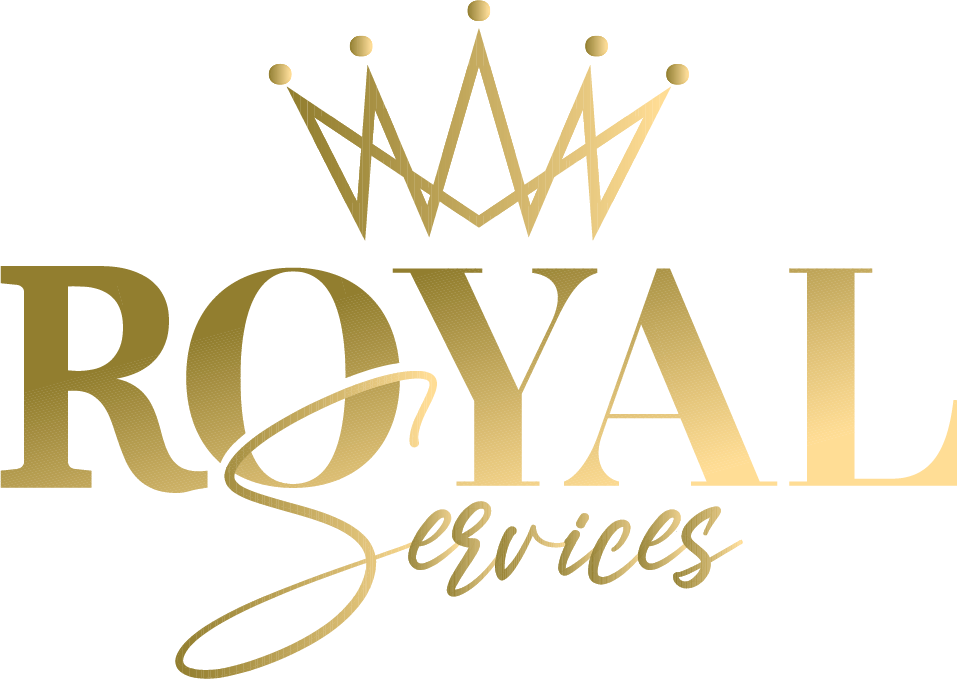How to Organize Your Tax Documents Before the Year-End Rush: Essential Tips for a Stress-Free Filing Experience
As the year draws to a close, many individuals face a common yet daunting challenge: tax preparation. You might find yourself scrambling through piles of receipts or searching for that elusive 1099 form. If you're self-employed or managing a small business, this stress can multiply. A disorganized tax filing approach can lead to missed deductions and potentially higher tax bills. But it doesn't have to be this way. By taking a few proactive steps, you can streamline your tax preparation process well before the deadlines hit.

1. Gather Your Essential Documents
The first step to effective tax preparation is to gather all the necessary documents. This not only saves time but ensures that you don't overlook crucial information that may affect your tax returns. Here's what you should collect:
Income Statements: W-2 forms from employers and 1099 forms from clients or contractors.
Expense Receipts: Keep records of important expenses, especially those that qualify for tax deductions.
Bank Statements: Monthly bank statements that help track business income and expenses.
Previous Year's Tax Return: Use it as a reference point to spot any changes in your financial situation.
Tip: Create a checklist of these documents to ensure you don't forget anything important.
2. Create a Filing System
Once you've gathered your documents, the next step is to organize them efficiently. A well-defined filing system can save you countless hours when it comes time to file. Here are a few methods:
Digital Organization: Consider scanning your documents and saving them in organized folders on your computer or cloud storage. Label each folder clearly (e.g., "2023 Income", "2023 Expenses").
Physical Filing: If you prefer paper, use a filing cabinet with labeled folders. Create sections for income, expenses (further divided into categories such as supplies, travel, etc.), and other important documents.
Tax Preparation Software: Utilizing a software that integrates document organization can significantly ease the filing process and reduce stress levels.
By categorizing your documents, you will not only expedite your tax filing but also make it easier to find any missing documents throughout the year.
3. Understand Tax Deductions
As a self-employed individual or small business owner, there are plenty of tax deductions to take advantage of. However, they can be overlooked if you don't know what to look for. Here are some common deductions you might qualify for:
Home Office Deduction: If you work from home, you can typically deduct expenses related to your workspace.
Mileage Deduction: Track miles driven for business purposes, as they may qualify for a deductible expense.
Continuing Education: Courses and certifications that enhance your business skills can also be deducted.
Tip: Keep a spreadsheet or using an app to track deductions throughout the year. This makes it easier when it's time to file and can even maximize your tax refund.
4. Schedule a Regular Check-in
Finally, set up a recurring calendar reminder to review your financial situation regularly. This can be monthly or quarterly – whatever works best for you. During these check-in periods, you can:
- Update your income and expenses.
- Check in on your deductions to make sure you're not missing any opportunities.
- Adjust your estimated tax payments if necessary.
By being proactive about your tax preparation, you'll avoid the last-minute rush come tax season. You'll approach year-end with a sense of control, and possibly save yourself from future stress-related headaches.
Are you feeling overwhelmed with your tax preparation for the upcoming year? Let us help you! Book a free consultation today to discuss personalized tax filing tips or to get started on organizing your documents effectively. Also, download our free Tax Preparation Checklist to guide you through the process.
Preparing your taxes doesn't have to be a chaotic last-minute race. By gathering your documents early, creating an organized filing system, understanding potential tax deductions, and scheduling regular check-ins, you can make tax time a breeze. Taking control now not only maximizes your deductions but also builds trust in your financial capabilities. Remember, a little organization today can lead to significant savings tomorrow. Don't hesitate to reach out for support—your financial peace of mind is just a consultation away!
💡 Found this helpful? Share with someone who’s planning to file a tax this year. Follow us on Facebook and Instagram for more expert credit tips.
